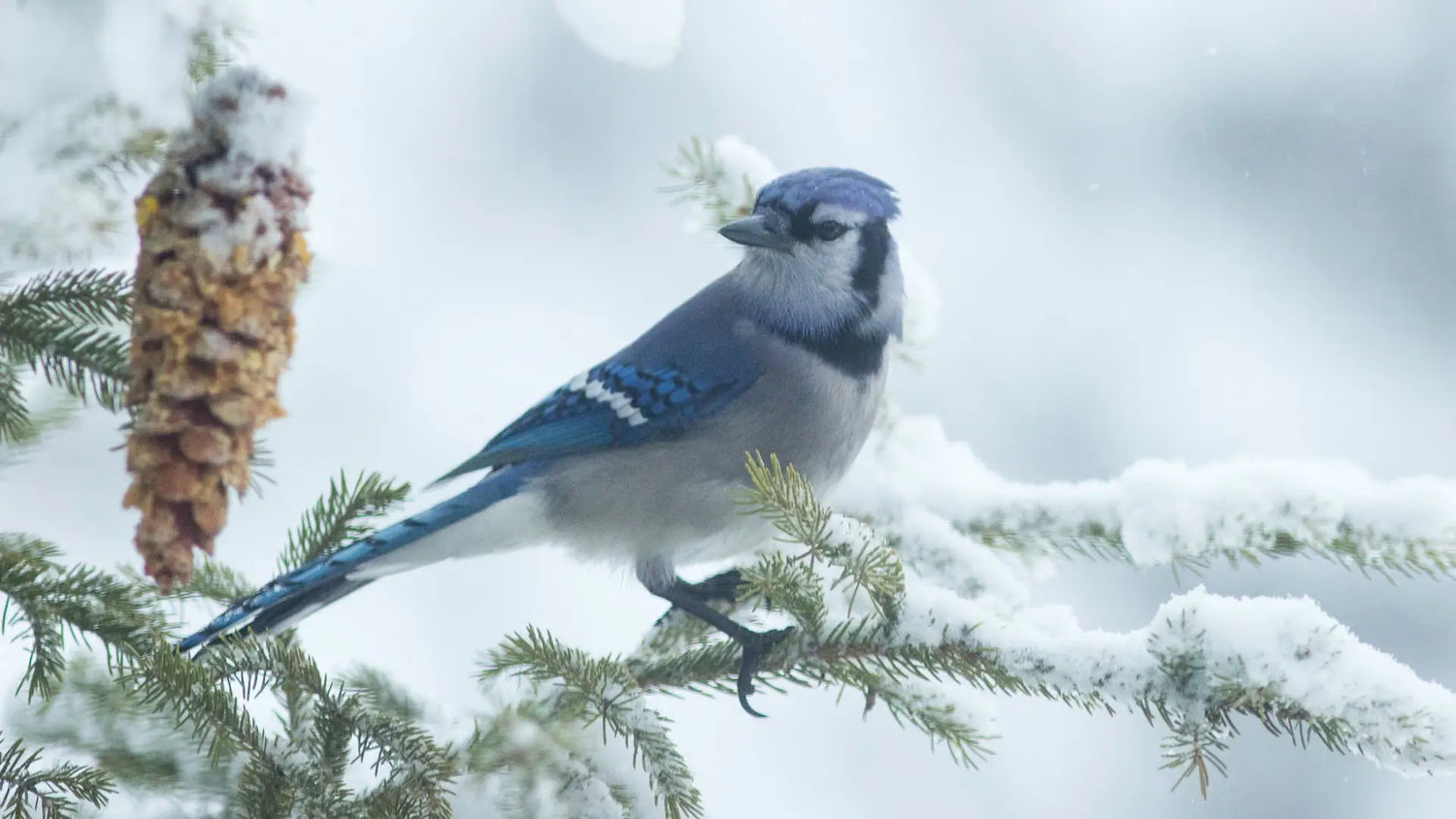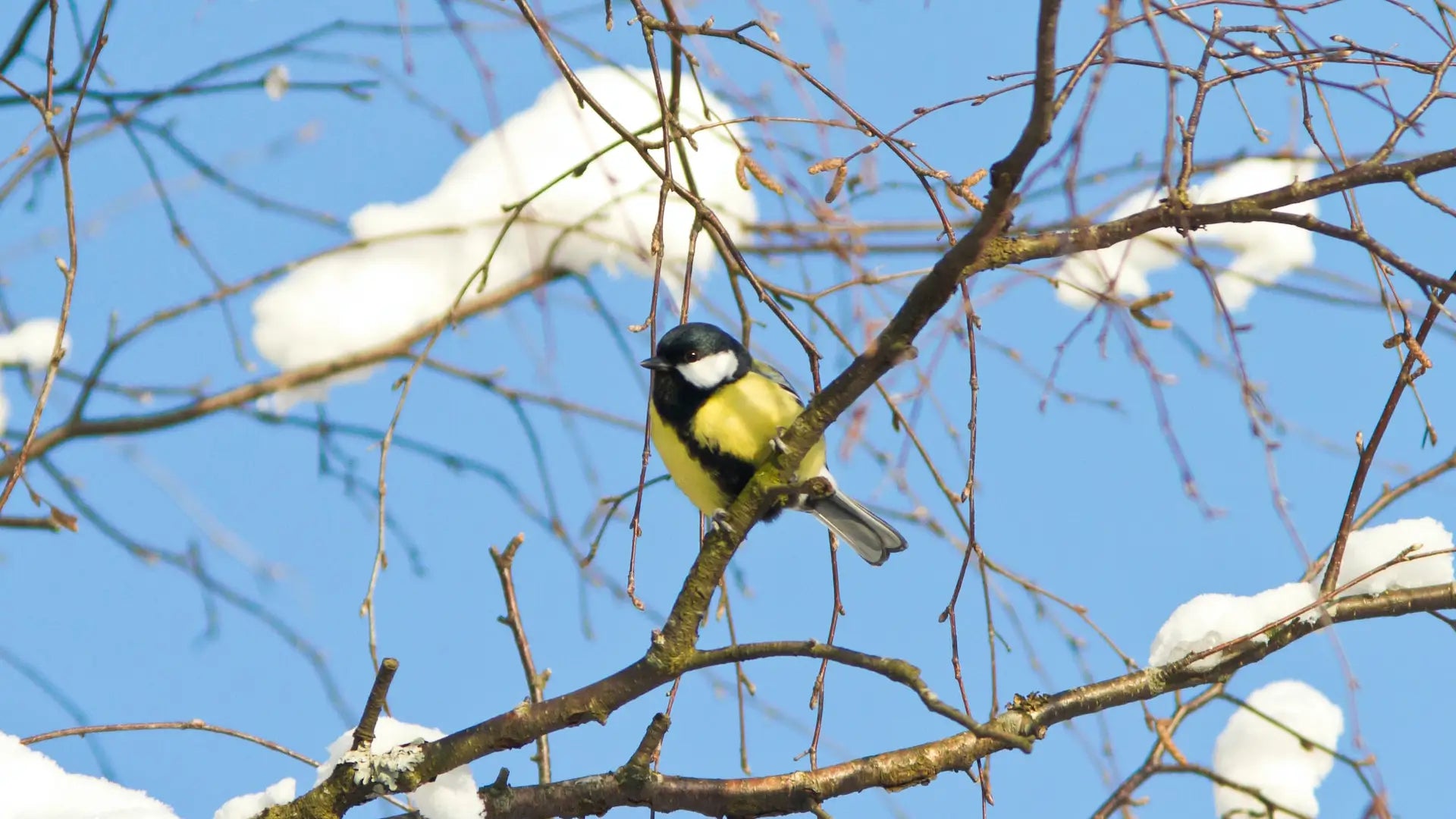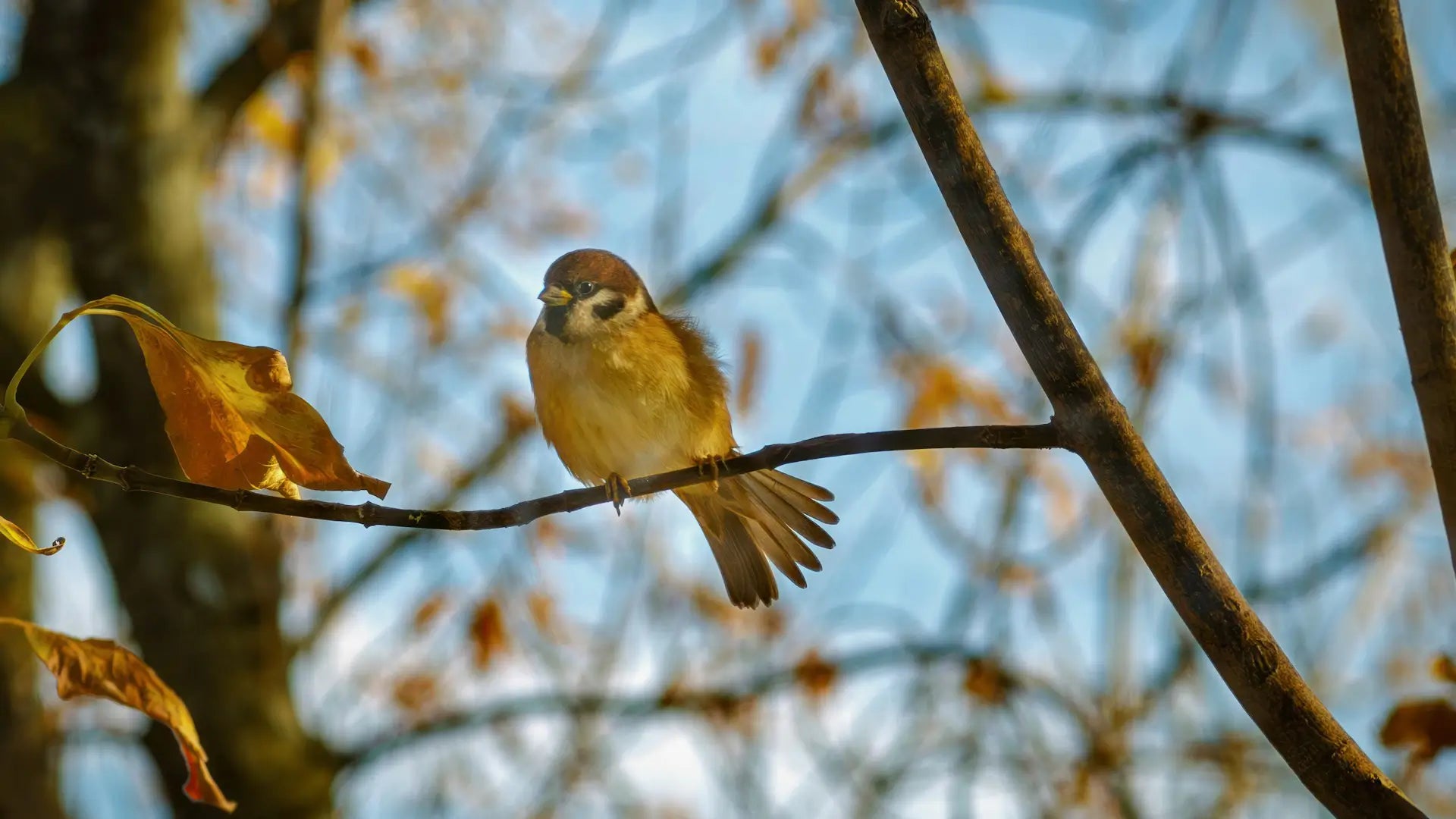Winter Nurturing: Essential Tips for Enhancing Bilantan Bird Feeder Effectiveness
Many birds do not fly south for the winter. Instead, they stay closer to home, and during the colder months when food is less readily available, your Bilantan bird feeder will become what they rely on for survival. To keep your feathered friends healthy during the winter, there are a few things you need to do with your bird feeders, including keeping them clean and constantly replenished.
Replenish bird feeders promptly
Birds may become dependent on your Bilantan bird feeder, especially if they have used it throughout the summer and fall. However, during this season, their needs may undergo some changes. Offer your birds an extra portion of their high-fat diet, such as nuts or seeds on lard or suet cubes, such as black sunflower seeds, black oil sunflower seeds, or a simple seed mix. You can also give them organic fruit or even a bit of cheese (they prefer grated, mild cheese). To provide more protein, look for bird foods that contain mealworms, which may be helpful for woodpeckers and cardinals. Most birds prefer cracked corn.
 Continuously monitor your bird feeders and record what is happening in them. Use the Bilantan bird feeder's camera to see what types of birds are flying into your home. If you want to feed specific birds, you can adjust the addition of different foods. You can continue to use the bird feeders you have used year-round, but you may want to add suet if possible. Suet bird feeders provide a high-fat, high-energy diet that can help dependent birds get the calories they need to survive the winter.
Continuously monitor your bird feeders and record what is happening in them. Use the Bilantan bird feeder's camera to see what types of birds are flying into your home. If you want to feed specific birds, you can adjust the addition of different foods. You can continue to use the bird feeders you have used year-round, but you may want to add suet if possible. Suet bird feeders provide a high-fat, high-energy diet that can help dependent birds get the calories they need to survive the winter.
Keep bird feeders clean and clear of ice and snow
While it's important to keep your feeders filled, you also need to properly maintain and clean your feeders during the winter. Make sure there is no accumulation of snow or ice in the feeder, as this can restrict the birds' access to food. During periods of temperature drops, rain, sleet, or snow, be sure to check your Bilantan bird feeder. Even the Bilantan feeder has a larger lid that covers the perch and food tray, helping to protect the food from moisture to an extent.
If necessary, remove feeders and clean, disinfect, and replace them. Also avoid any broken feeders, as sharp areas of the plastic can be dangerous. If you have stubborn deer or other pests, consider fencing your yard or feeders for extra protection.
Check bird feeders regularly for damage
Just as winter's strong winds and biting cold can cause damage to items left in your yard, your Bilantan bird feeder can also be damaged by extreme cold and strong winds. Of course, you may have other bird feeders in your yard, so be sure to check them regularly as well. For example, glass feeders may be blown to the ground by the wind. In this case, it is crucial to remove the broken feeder and any shards of glass from the area. Persistent snow and ice can cause wooden feeders to crack or crack. If the wood feeder cannot be repaired, you should replace it for the safety of your birds. Any broken or damaged feeders that could harm feeding birds should be addressed.
Clear an open space
Many species of birds are ground feeders, so don't forget to treat the ground beneath your feeders. After several days of snow, it is important to clear the snow from the ground beneath your feeders to provide a clean feeding area for the birds. You can shovel these areas or just use a shovel or your feet to stomp on these snowy areas. Once the weather clears, ground feeders such as doves, rushes, sparrows, cardinals and grosbeaks will be able to feast on the fallen seeds. Scatter additional seeds in the area to ensure ground feeders receive adequate nutrition during snowy days. To make the task easier, consider placing shelters in the area to keep it snow-free. The ground will remain relatively snow-free, but you must judge whether seeds are accessible to birds feeding on the ground.
Remember water
Birds can become dehydrated in the winter, even if there is ice and snow around them. For birds, water is as important as food, especially in the winter when natural water sources can freeze. On warm days, it's a good idea to place a basin of water near the feeder.
Even during the cold, snowy winter months, you can enjoy birds visiting your backyard feeder. With these simple tips, you can maintain your bird feeders during the harshest winter months, helping birds survive the cold and prepare for spring.
Providing food for birds in winter is not only a kind act to help them survive but also a wonderful opportunity to observe and appreciate nature. With the Bird Feeder, you can easily feed birds and enjoy the beautiful winter scenes they bring.
From Bilantan.com





Leave a comment
All comments are moderated before being published.
This site is protected by hCaptcha and the hCaptcha Privacy Policy and Terms of Service apply.